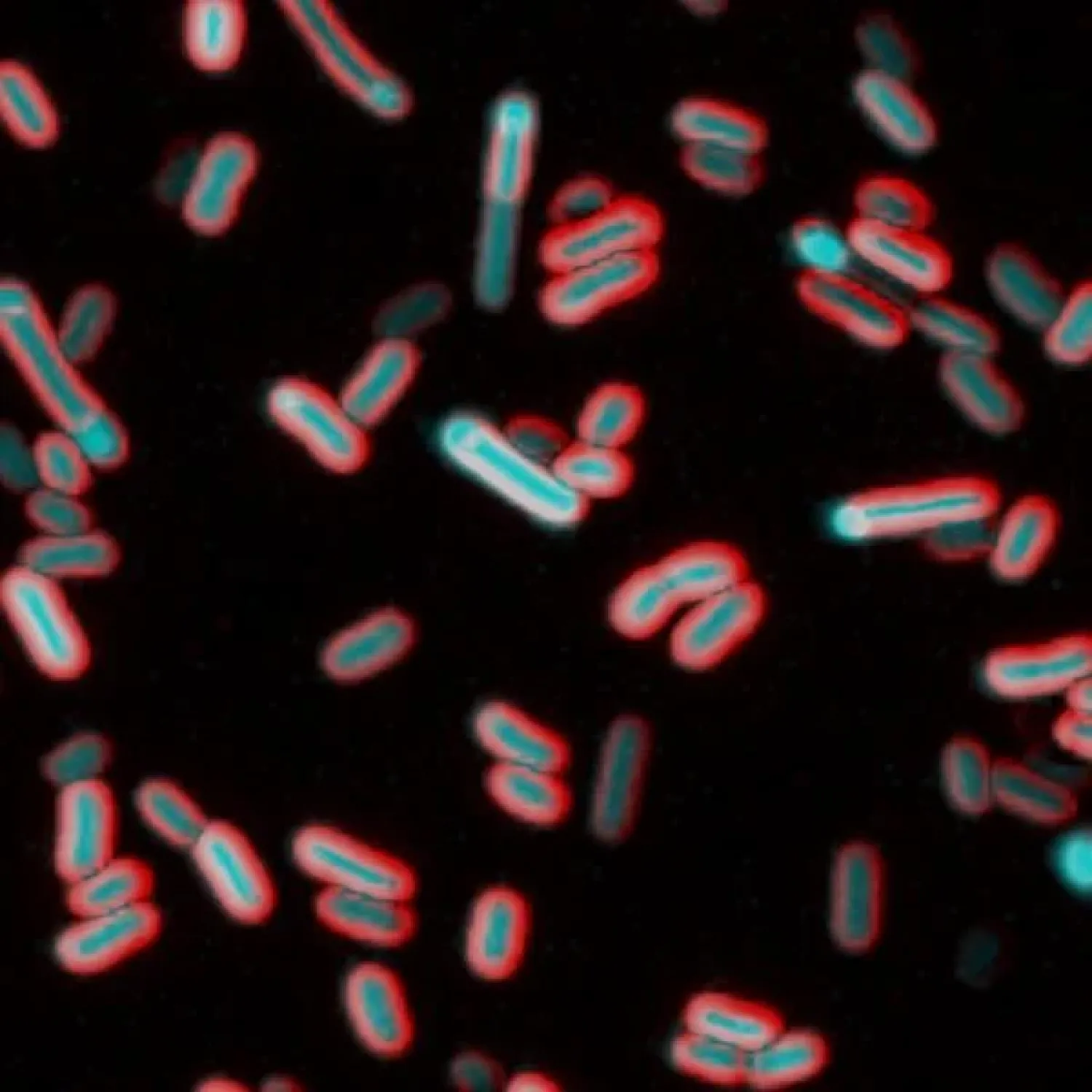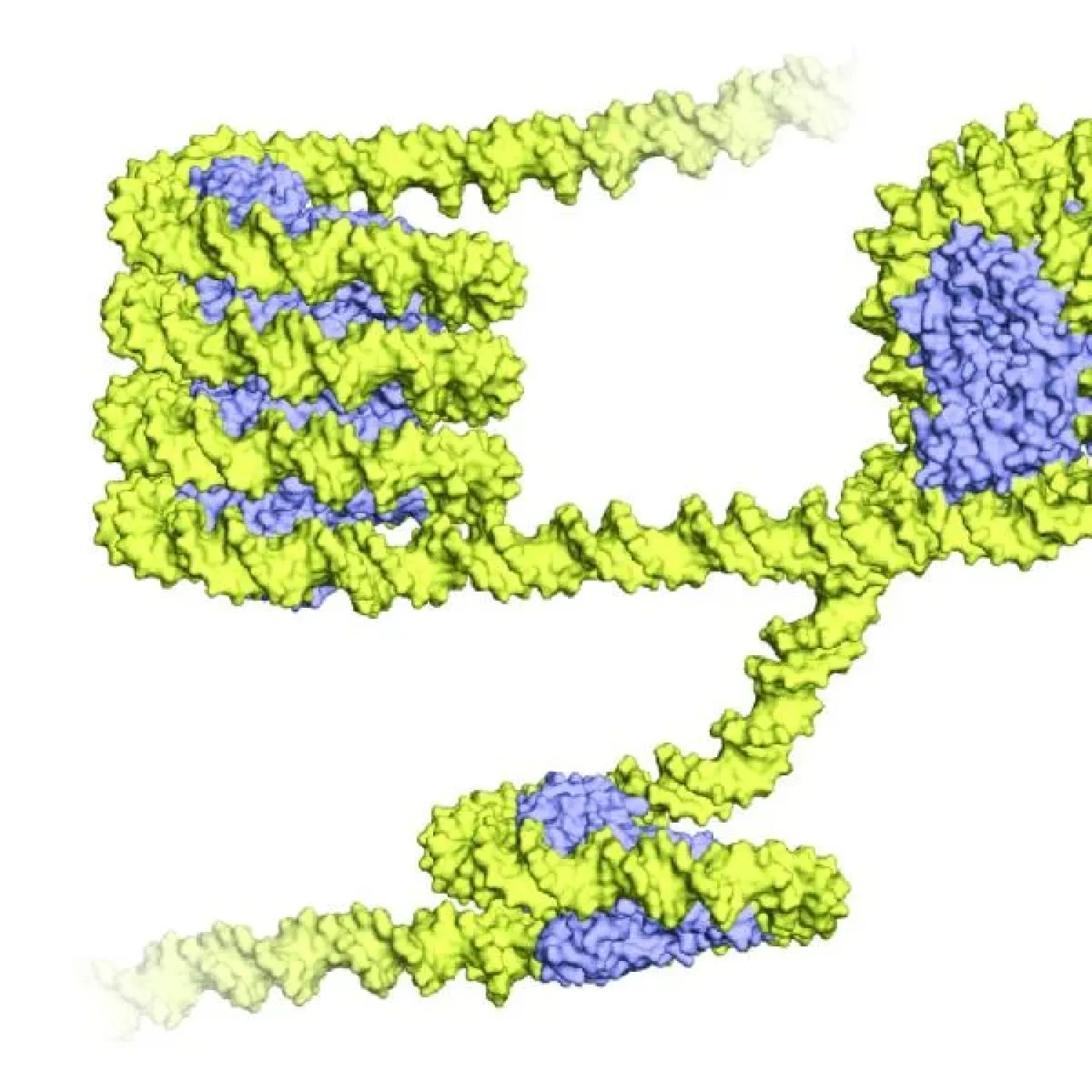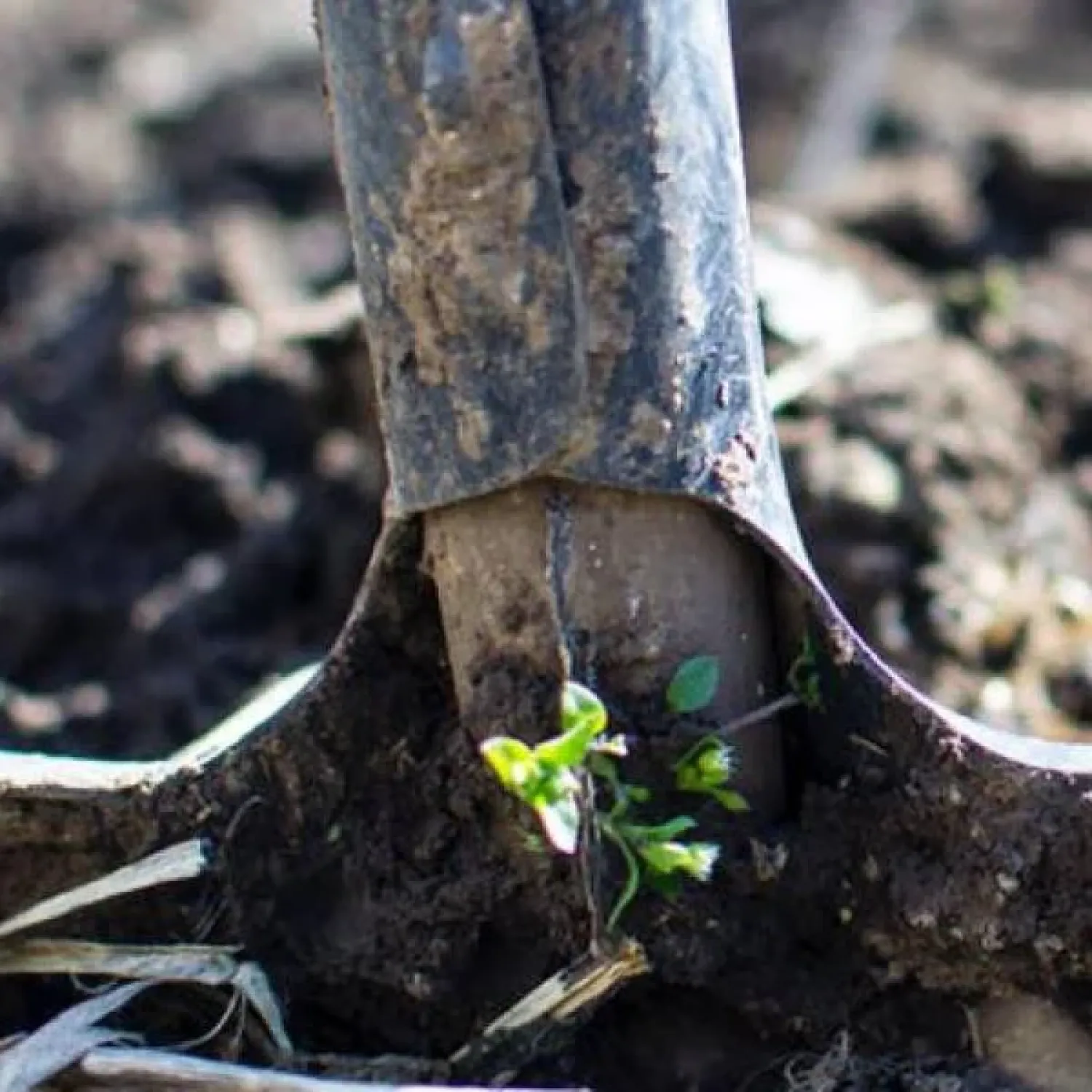Top research stories of the week: Aug. 17 edition
This week's top research is all about microbes: bacterial microbes with a sense of touch, microbes that may explain the evolutionary origins of DNA folding, and soil microbes as a vital component of the ecosystem.

Bacteria have feelings, too
Humans’ sense of touch is relayed to the brain via small electrical pulses, but new research shows individual bacteria can feel their external environment in a similar way. Scientists have demonstrated that E. coli bacteria cells get excited when poked, sending out voltage induced calcium ion signals—the same way a vertebrate’s sensory nervous system works.

Microbe may explain evolutionary origins of DNA folding
In the cells of palm trees, humans and some single-celled microorganisms, DNA gets bent the same way. By studying the 3-D structure of proteins bound to DNA in microbes called Archaea, CU Boulder and Howard Hughes Medical Institute (HHMI) researchers have turned up surprising similarities to DNA packing in more complicated organisms.

Soil doesn't forget
Soil microbes are vital to nearly every function of an ecosystem, but today’s climate conditions do not fully explain the types of soil microbes ecologists see. So CIRES researchers are looking thousands of years back in time to better understand how soil communities may change in response to climate change in the future.


